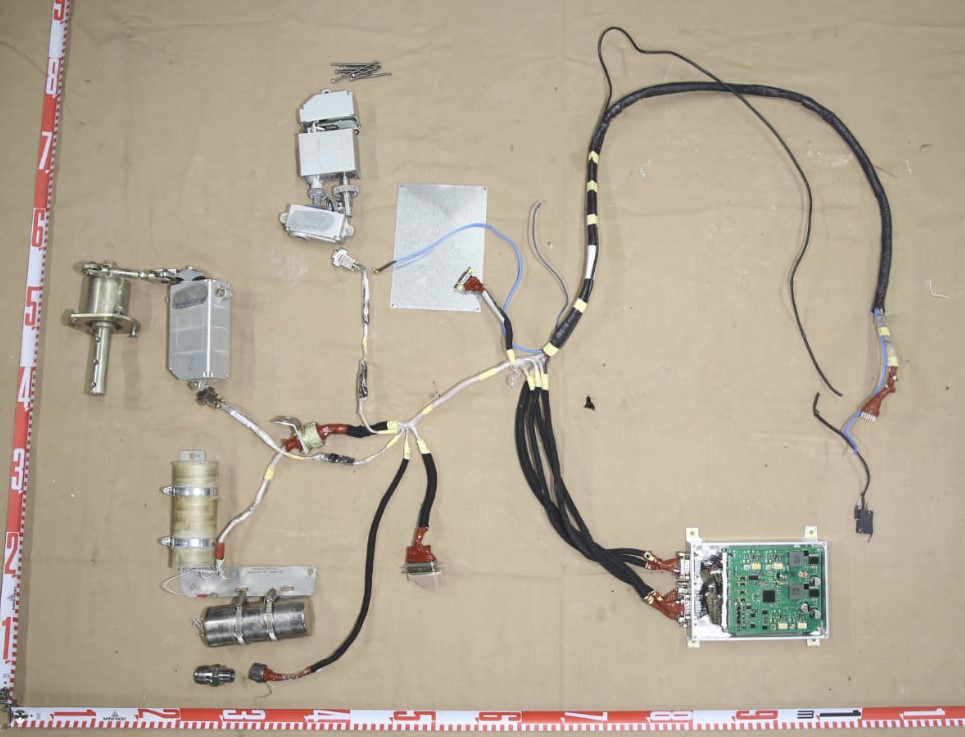Upgraded Russian guided bombs suggest ongoing access to foreign electronics

A recent study by the British research group Conflict Armament Research (CAR) has shed light on significant advancements in the electronic components of Russian guided aerial bombs. Analyzing fragments of a Russian guided bomb with a universal flight and correction module (UMPK) found in the Orikhiv area of Zaporizhzhia Oblast in October 2023, CAR discovered substantial enhancements compared to earlier models.
Specifically, Russian forces are now equipping their guided aerial bombs with not only the “Kometa-M” navigation module, also used in UAVs, but also the complex SMART navigation controller. Additionally, these bombs feature dual batteries for electronic power, two servo drives for controlling the bomb’s ailerons.

CAR specialists, referencing “interviewed Ukrainian officers,” report that these electronic complexities in the Russian guided bombs with UMPK modules have allowed the Russian forces to increase the effective striking distance by an impressive 35-40 kilometers.
The electronics in the analyzed bomb, manufactured in July 2023, were deliberately stripped of any markings that could reveal the origin of their components. This deliberate obfuscation by Russian manufacturers likely aims to protect their electronic suppliers from accusations of aiding Russia in circumventing sanctions.
Insider: Western companies supply spare parts for Russian tanks
CAR compared the new model of the guided bomb with a UMPK module to an earlier version dropped in the Bakhmut area in January 2023. The earlier version had a much simpler electronic layout, featuring a voltage regulator, navigation panel, and inertial measurement unit.
The uncovered components emphasize Russia’s focus not only on increasing the quantity of its weapons production but also on enhancing the quality and precision of its weaponry. This advancement is potentially facilitated by Western companies that continue to supply Russia with necessary components despite sanctions.
Read also:



